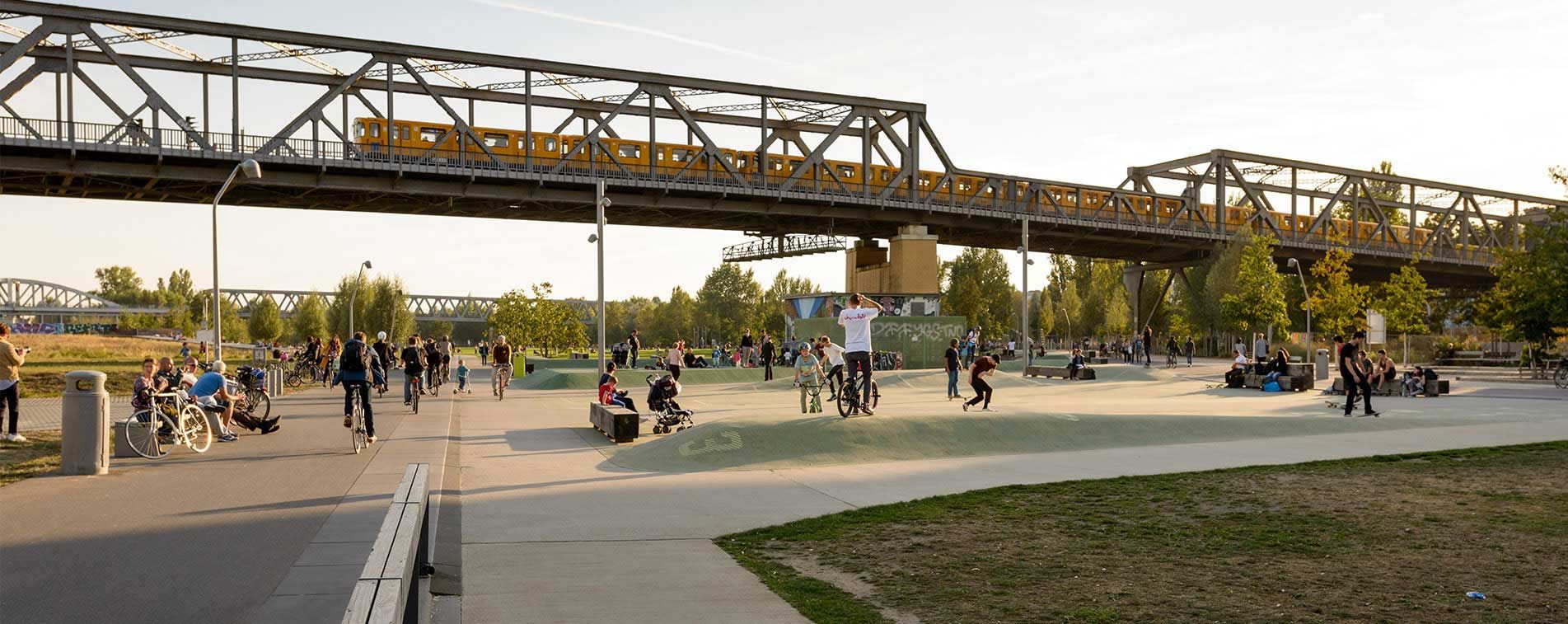Next
Previous
# News
# Events
Upcoming events
22 future events
Our world-class events bring together a vibrant, international community of business leaders and thinkers; creating a unique platform to debate, inform, engage and inspire the business community, at large.
Next
Previous
About ESCP Business SchoolThe world's first Business School
It all Starts here
ESCP inspires and educates business leaders who will impact the world
As European humanists we believe that business nurtures society and therefore it can help lead the world in the right direction. Much more than a way of thinking, we integrate the principles of ethics and sustainability in every way possible, to educate responsible managers and better leaders for tomorrow.
Know MoreDriving Responsability
Ethics, Responsibility and Sustainability at ESCP
ESCP integrate sustainability and ethics across our educational activities, research and internal processes, with the ambition to educate responsible managers and train better leaders able to tackle the unprecedented environmental and social challenges that our societies and economies are facing.
Know More6 Urban CampusesWe are the only Business School to offer students
the opportunity to study at 6 campuses in Europe

Berlin
Study in Berlin, one of the most innovative and creative cities.

London
London, a truly multicultural experience in the heart of a vibrant city.

Madrid
Cosmopolitan, sophisticated, bustling, energetic, vibrant. Madrid is full of energy as only a capital city can be.

Paris
Paris where history meets innovation for an unforgettable experience.

Turin
Dynamic, internationally appealing, business centre and Italian lifestyle, Turin is the next step in your training and career.

Warsaw
Located at the Heart of Europe, Warsaw is ideal for launching your career in Central and Eastern Europe.

ESCP Research Institute of Management
ERIM
Learn about ESCP’s strategy of scientific excellence and of knowledge transfer, which fosters economic and societal impacts.
Know More
ESCP Business School’s media
The Choice
Get an expert view on the trends impacting business & society from ESCP’s professors and industry leaders.
Know More
Media Resources
ESCP Press Room
Visit our Press Room
The latest news & resources from the ESCP press team.











